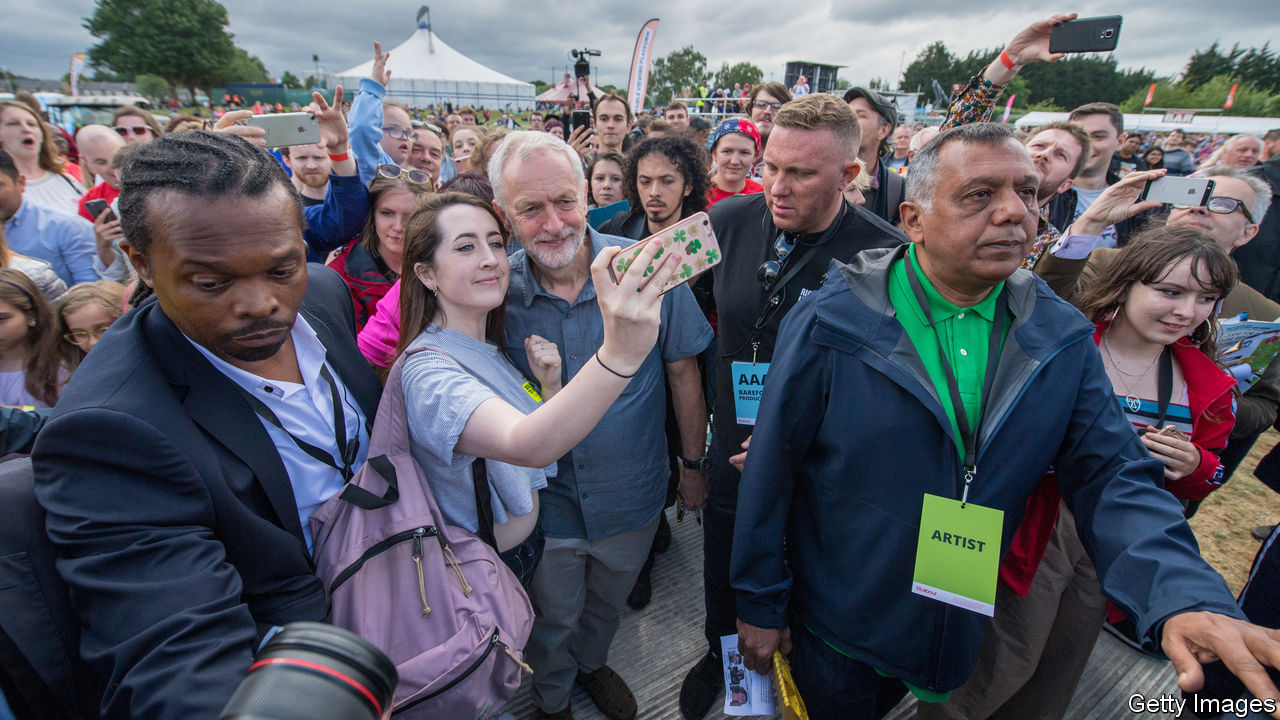On the 12th December 2019, the inevitable finally happened. Labour’s red wall came crashing down in quite spectacular fashion. The former coal mining town of Blyth Valley was the first of the night to turn blue. This was just the beginning of a domino effect, however. Bishop Aukland, Bolsover, Wrexham, Great Grimsby, Leigh and Sedgefield- all working-class towns once considered safe Labour seats- all followed suit and fell to the Tories.
Ardent Corbynites watched in complete dismay- many believing that their candidate would win. Those who did not see this coming from a mile off however, are clearly oblivious to British history. The Magna Carta 1215, the Glorious Revolution, the Bill of Rights 1689, the Peterloo Massacre 1819 and Emily Pankhurst’s Suffragettes; England is a country which prides itself upon its democracy and fight for individual liberty. The battle to overturn Britain’s biggest democratic mandate was thus one which the Labour front benches would never win. This election was the revenge of democracy!
With the decade beginning with Gordon Brown referring to Gillian Duffy as a “bigoted woman” for raising her concerns about mass immigration, it was only appropriate that it would end with Labour’s heartlands crumbling. In his essay ‘the lion and the unicorn’, George Orwell once famously stated: “In left-wing intellectual circles it is always felt that there is something slightly disgraceful in being an Englishman and that it is a duty to snigger at every English institution.” From Emily Thornberry mocking her ‘white-van’ constituent for hanging the flag of St George to Barry Shearman referring to remain voters as the “better educated people of the country”, the Labour party of the 21st century has come to epitomise a technocratic liberal elite with a real contempt for working-class opinion and culture.
Brexit was a real opportunity to rekindle the fading link between the party and its heartlands- a chance to listen to the cry of help from the “left-behinders”. As soon as Labour saw it was losing Southern middle-class votes to the Lib Dems however, the party changed its Brexit stance. Not necessarily because there were more votes to be won but because they saw them as more valuable to the party’s new liberal cosmopolitan mould. The arrogance and delusion of Labour intellectuals was personified through their belief that the working-class would simply ignore the party’s anti-democratic self-righteousness due to their inherited tribalism.
Whilst patronisingly regurgitating George Osborne’s economic warnings of “crashing out” the EU, Jeremy Corbyn and the Labour party failed to realise that Brexit was not just an economic choice- it was a cultural one too. Decades of unchecked globalisation, facilitated by the EU, had brought detrimental changes to both industrial and coastal towns across the country. The closure of key industries in particular tore local communities apart. New Labour’s indifference to such cultural changes, coupled with Corbynism’s obsession with material equality, has seen it become the party which understands the cost of everything but the value of nothing.
Labour must stop treating the working-class like an embarrassing older relative. It must learn to stop treating those who voted for Brexit with utter contempt. It must equally begin to represent those who oppose mass immigration, desire a tougher justice system, feel patriotic, support the reassertion of the role of the family at the centre of society, favour a welfare system based on reciprocity rather than universal entitlement, believe in the nation state, and do not simply obsess over identity politics.
2019 was the year Labour lost the culture war it began itself. Unfortunately, I cannot see Labour winning another election in our lifetime as long as Momentum are the driving force behind the party. Boris Johnson on the other hand, has hit the political sweet spot which couples increased funding in our public services along with social conservatism on issues such as immigration. It appears that a new political consensus has thus been written – one which I suspect will be a winning formula for many years to come.
Image: economist.com

